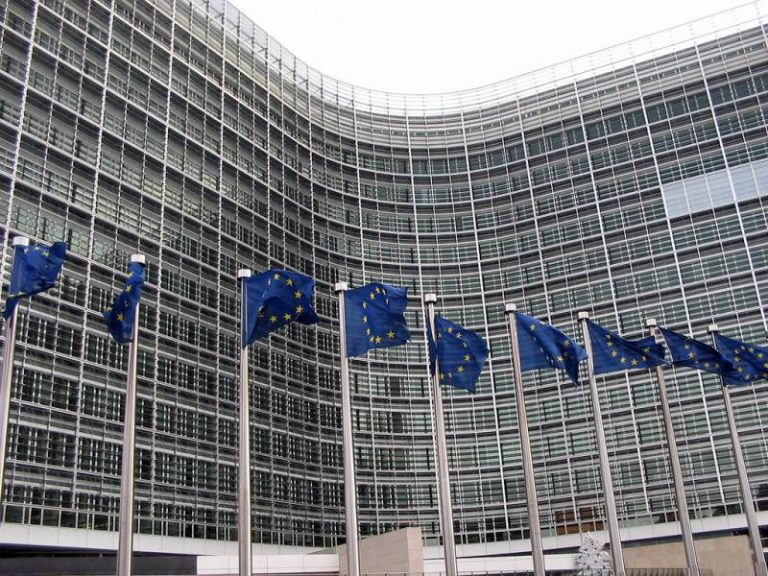
The European Commission has announced the opening of an investigation into the Internet of Things in the European Union, focusing on anti-competitive practices in the consumer goods and services sector. It will complement other actions launched under the Commission’s Digital Agenda, including regulatory initiatives on artificial intelligence, data and digital platforms.
The Internet of Things consumer goods and services sector comprises goods and services that are connected to a network and can be controlled remotely, for example via a voice assistant or mobile device. These include smart home devices and portable devices. The market intelligence obtained through the inquiry will contribute to the Commission’s enforcement of competition law in this sector.
Ms Margrethe Vestager, Executive Vice-President responsible for competition policy, said :
“The Internet of Things for Consumers is expected to grow considerably in the coming years and become commonplace in the daily lives of European consumers. Imagine a smart fridge that makes your shopping list. You retrieve this list from your smart device and place an order with a shop that delivers to your home. And your door unlocks automatically with a simple word. The possibilities seem endless.
However, access to large amounts of user data seems to be the key to the success of this sector. Therefore, we need to ensure that market players do not use their control over this data to distort competition or foreclose these markets to competitors. This sector inquiry will help us to better understand the nature and possible effects of the competition problems that may arise in this sector. »
Despite the relatively early stage of development of the Internet of Things sector for consumer products and services in the European Union, there are indications that certain business practices may structurally distort competition. In particular, there is evidence pointing to the restriction of access to and interoperability of data, as well as to certain forms of self-favouritism and practices related to the use of proprietary standards. Internet of Things ecosystems are often characterised by powerful network effects and economies of scale, which could lead to the rapid emergence of dominant digital ecosystems and access controllers and could lead to risks of failover.
Therefore, through this competition sector inquiry, the Commission will collect market information to better understand the nature, prevalence and effects of these potential competition concerns and assess them under the EU competition rules.
The sector inquiry will cover products such as portable devices (e.g. smart watches or fitness bracelets) and connected consumer devices used in home automation, such as refrigerators, washing machines, smart TVs, smart speakers and smart lighting systems. The sector inquiry will also collect information on services available through smart devices, such as music and video streaming services, and the voice assistants used to access them.
If, after analysing the results, the Commission identifies specific competition problems, it may open investigations to ensure compliance with EU rules on restrictive business practices and abuses of dominant position (Articles 101 and 102 of the Treaty on the Functioning of the European Union – TFEU).
Next Steps
In the coming weeks, the Commission will send enquiries to a range of actors in the Internet of Things sector for products and services for consumers across the EU. The companies concerned include, for example, manufacturers of smart devices, software developers and providers of related services.
The EU competition rules allow the Commission to request information, documents or statements from companies and sector organisations in the context of a sector inquiry.
The Commission plans to publish a preliminary report on the responses for consultation in spring 2021. The final report will follow in the summer of 2022.
Translated from Internet des objets pour les consommateurs : la Commission ouvre une enquête sectorielle sur les pratiques anticoncurrentielles









